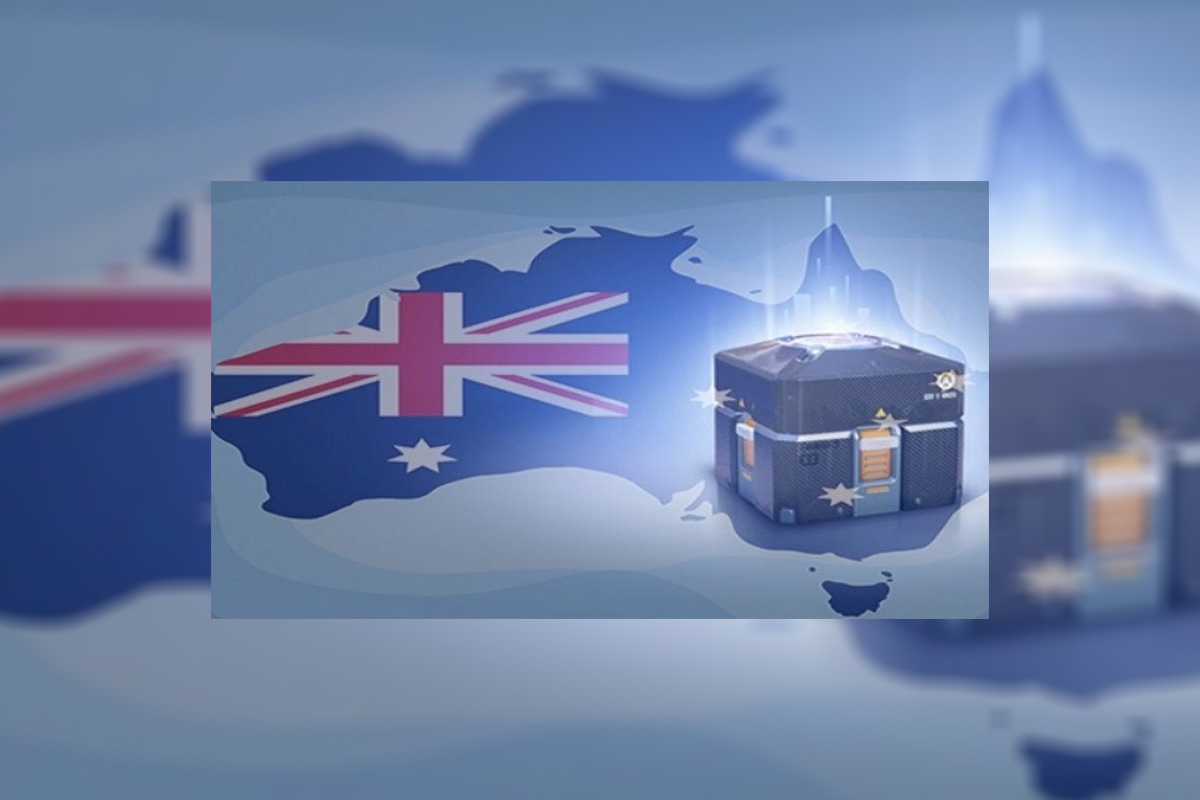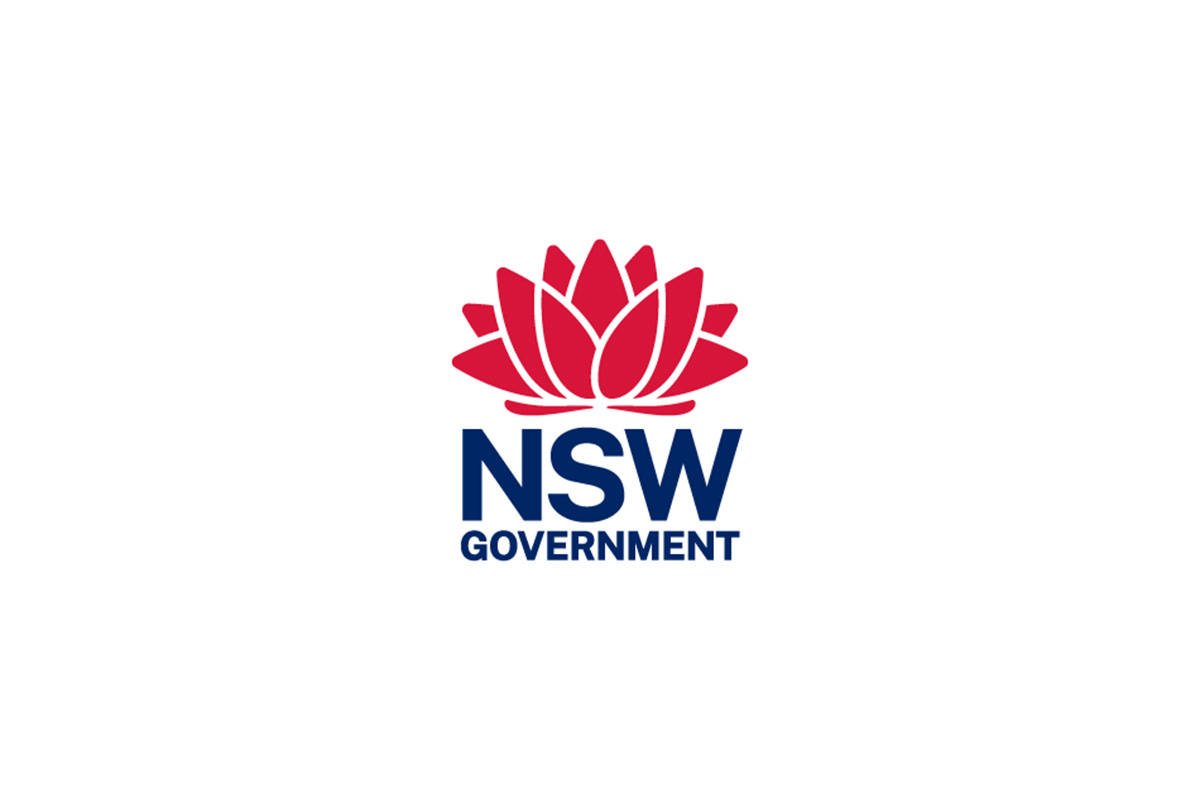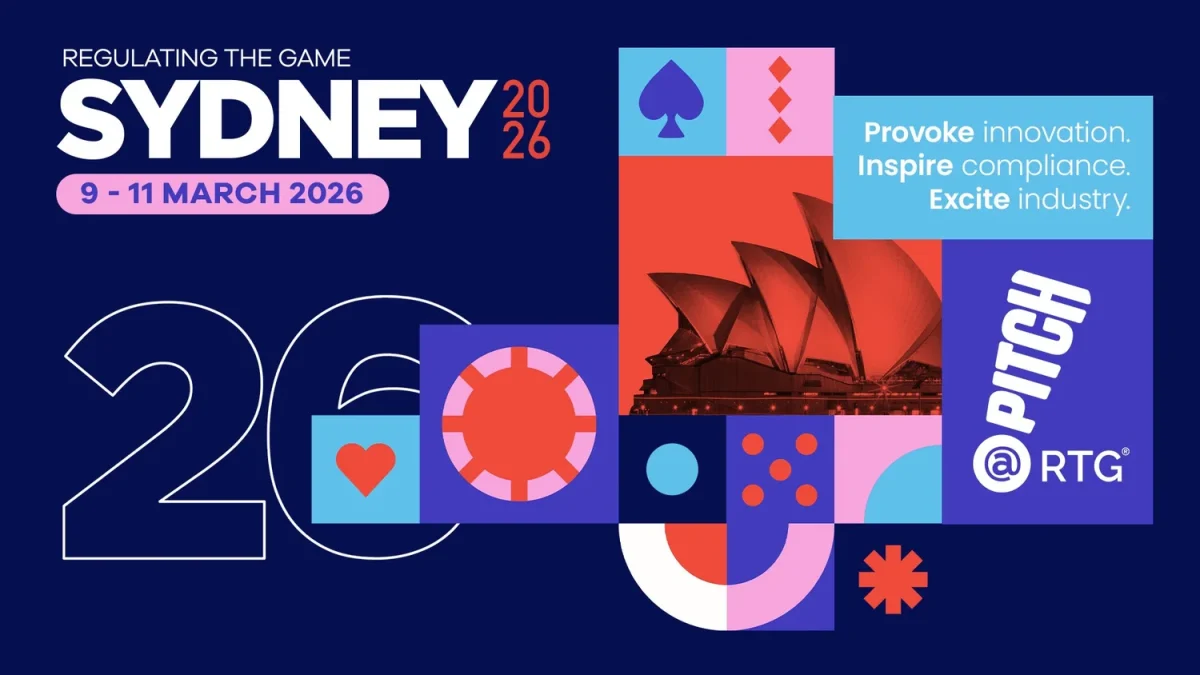Australia
Australian Study: Loot Box Buyers More Susceptible To Problem

Researchers in Experimental Gambling Research Laboratory (EGRL) at CQUniversity Australia has found that purchase of loot boxes make players more prone to real-life gambling problems. According to the study, players who purchase loot boxes are not only more likely to gamble in real life but more likely to wager for large amounts as well.
The study was funded by the NSW Government Responsible Gambling Fund. It had a sample size of 1,954 NSW residents who age ranged from 12 to 24. Among the respondents, 22.3% admitted to have gambling problems. The high percentage of people with gambling problems could be due to the fact that sample was chosen among people who engage with gambling and video games.
The study also found that 62% of the most popular video games have loot boxes of some form. In the study, a large majority of respondents (93.2%) had played at least one of these games in the last 12 months and 69.4% had opened a loot box from these games in the same period, However, only 32.9% of the respondents have actually bought the loot boxes.
Professor Matthew Rockloff, the lead author of the study, said: “[Loot boxes] are a growing concern because of the risk and reward elements associated with them that is similar to gambling and there are currently no age limits to play these games. For both young adults and adolescents, there was a strong association between current loot box use and gambling risk. Consequently, although median expenditure on loot boxes is modest, there is evidence that these products are associated with harmful gambling involvement.”
The study urges for preventative measures to prevent the exposure of adolescents to loot boxes.
Powered by WPeMatico
Australia
NSW: Hospitality and Racing Strategy 2026-28 and Regulatory Priorities 2026

Liquor & Gaming NSW has published the Hospitality and Racing Strategy 2026-28, setting a clear path for reducing harm, supporting responsible industry growth and meeting evolving community expectations. The Strategy outlines Hospitality and Racing’s vision, regulatory posture and strategic objectives.
It outlines three strategic objectives which will guide the work to support communities, individuals and the industry. The first is targeted harm reduction, using better data, education and engagement to focus on the areas where we can make the biggest difference.
The second is outcome‑focused, responsive regulation, by making use of streamlined, place‑based and community‑informed approaches that deliver meaningful, real-world outcomes.
Third is promoting modern tools, skilled teams and smart decisions, investing in its capability, improving how it uses data and supporting consistent decision making across hospitality and racing.
Regulatory Priorities 2026
Alongside the new strategy, Liquor & Gaming NSW has also issued its Regulatory Priorities 2026. This sets out where the department will be focusing its regulatory attention over course of the year. It provides transparency on Liquor & Gaming’s forward regulatory agenda and gives the industry the opportunity to proactively engage about the issues they are concerned about.
The post NSW: Hospitality and Racing Strategy 2026-28 and Regulatory Priorities 2026 appeared first on Eastern European Gaming | Global iGaming & Tech Intelligence Hub.
ACMA
ACMA Blocks More Illegal Online Gambling Websites

The Australian Communications and Media Authority (ACMA) has requested the Australian internet service providers (ISPs) to block more illegal online gambling sites, after investigations found these services to be operating in breach of the Interactive Gambling Act 2001.
The latest sites blocked include:
Lucky Mate
Vegastars
Wombet
Cosmobet
Fortune Play
Fortunica
Rolletto
Velobet
Website blocking is one of a range of enforcement options to protect Australians against illegal online gambling. Since the ACMA made its first blocking request in November 2019, 1518 illegal gambling and affiliate websites have been blocked. Over 220 illegal services have also pulled out of the Australian market since the ACMA started enforcing new illegal online gambling rules in 2017.
The post ACMA Blocks More Illegal Online Gambling Websites appeared first on Eastern European Gaming | Global iGaming & Tech Intelligence Hub.
Australia
Regulating the Game 2026 Sydney — One Month Countdown as Sector Leaders Anticipate Inaugural RTG Global Awards

With a month left until Regulating the Game 2026 Sydney, the final arrangements are in progress for the industry’s premier event on gambling regulation, compliance, integrity, and safer gambling, scheduled for 9–11 March 2026 at the Sofitel Sydney Wentworth.
Currently in its sixth edition, Regulating the Game has become a platform for in-depth, cross-jurisdictional analysis of gambling regulation and industry performance, emphasizing the interplay between regulatory frameworks, market structures, and organizational capacity in practice. The 2026 initiative unites regulators, policymakers, operators, advisors, and technology experts to explore the translation of regulatory intent into practical application, as well as the evolution of industry systems, governance, and behaviors in light of increased scrutiny and reform.
A Program Centered on System Efficiency and Compliance Circumstances
The 2026 conference agenda is designed to transition purposefully from context to analysis to application, exploring how gambling regulation, market design, organizational capability, and leadership influence real-world results. Over three days, the program examines not just the pathway of regulatory reform, but also how these reforms are integrated, implemented, and challenged within intricate gambling settings facing ongoing evaluation and transformation.
Sessions cover public policy, regulatory practice, sector performance, and innovation, focusing on:
• The strategic direction of gambling regulation, enforcement and supervision, and how regulatory posture is evolving post-inquiry and reform
• The operational reality of compliance, including AML/CTF supervision, financial crime risk, and implementation challenges and opportunities
• Safer gambling governance, consumer protection frameworks and the application of RegTech at scale
• Market structure, black and grey market dynamics, and the unintended consequences of regulatory design choices
• Technology, data governance, RegTech and the use of AI to support integrity, oversight and organisational decision-making
• Leadership, accountability, culture and the capability required to translate policy intent into durable operational outcomes
The agenda integrates keynote addresses, moderated panels, expert masterclasses and Industry Spotlight sessions, designed to support informed debate while grounding discussion in real-world regulatory and operational experience.
Global RTG Awards to Be Presented for the First Time
A key aspect of Regulating the Game 2026 is the introduction of the first Regulating the Game Global Awards, which honor leadership, stewardship, and measurable effects in areas such as sector direction and reform, compliance, safer gambling, technology, and community results.
The Global Awards were created to offer impartial, thorough acknowledgment of individuals, organizations, and solutions that are enhancing standards and leading to improved regulatory and social results. Finalists have been verified in six categories after an objective evaluation by a judging panel made up of senior leaders with extensive knowledge in regulation, law, integrity, governance, and responsible gambling.
The RTG Global Awards Gala Dinner will take place as a central event of the conference agenda, allowing finalists, peers, and industry stakeholders to engage in the Awards without needing to attend the entire conference.
Pitch! Showcase and Industry Interaction
The conference agenda includes Pitch!, a forum by Regulating the Game for exploring both new and traditional methods to tackle regulatory, compliance, and safer gambling issues. Pitch! highlights research, practical technologies, operating models, and concepts being implemented or tested in regulated settings, and analyzes how innovation is embraced, managed, and expanded in conjunction with current systems and controls.
Paul Newson, Founder of Regulating the Game and Principal at Vanguard Overwatch, stated that the 2026 event signifies the growth and significance of the existing regulatory landscape:
“Regulating the Game exists to engage honestly with how gambling regulation, sector performance and organisational capability intersect in practice – not just policy intent, but how expectations are interpreted, implemented and sustained over time.
The Global Awards sit alongside that purpose. They recognise and help surface leadership, stewardship and practical work that is lifting capability, strengthening governance and positioning organisations – and the sector more broadly – for more resilient and sustainable operation. The intent is to cultivate credible leadership voices and highlight work that is demonstrably improving outcomes.”
The post Regulating the Game 2026 Sydney — One Month Countdown as Sector Leaders Anticipate Inaugural RTG Global Awards appeared first on Eastern European Gaming | Global iGaming & Tech Intelligence Hub.
-

 ACMA6 days ago
ACMA6 days agoACMA Blocks More Illegal Online Gambling Websites
-

 CEO of GGBET UA Serhii Mishchenko6 days ago
CEO of GGBET UA Serhii Mishchenko6 days agoGGBET UA kicks off the “Keep it GG” promotional campaign
-

 Aurimas Šilys6 days ago
Aurimas Šilys6 days agoREEVO Partners with Betsson Lithuania
-

 Canada5 days ago
Canada5 days agoRivalry Corp. Announces Significant Reduction in Operations and Evaluation of Strategic Alternatives
-

 Latest News5 days ago
Latest News5 days agoTRUEiGTECH Unveils Enterprise-Grade Prediction Market Platform for Operators
-

 Central Europe6 days ago
Central Europe6 days agoNOVOMATIC Once Again Recognised as an “Austrian Leading Company”
-

 Acquisitions/Merger5 days ago
Acquisitions/Merger5 days agoBoonuspart Acquires Kasiino-boonus to Strengthen its Position in the Estonian iGaming Market
-

 Firecracker Frenzy™ Money Toad™5 days ago
Firecracker Frenzy™ Money Toad™5 days agoAncient fortune explodes to life in Greentube’s Firecracker Frenzy™: Money Toad™



















